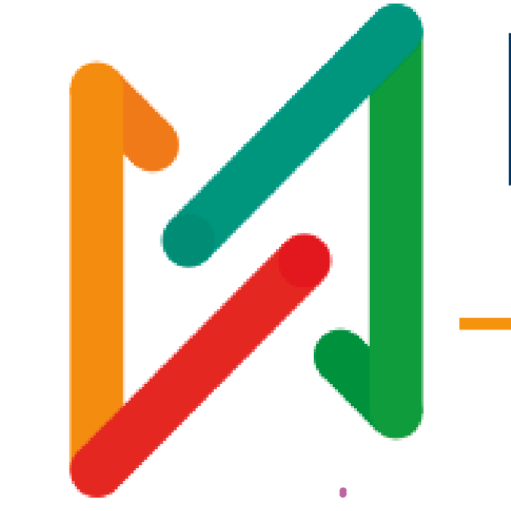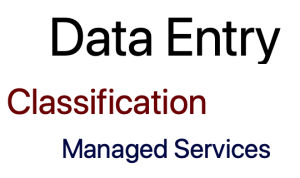
Easylib University enables you to connect all your constituent libraries and share resources among connected organisations under Single Web OPAC.
Features are:
- The patrons would get a single window that enables them to search resources in their libraries as well as other connected libraries.
- The operations of each library remain as is. They can be on Easylib or any other library automation software. Various scheduled jobs pool in the data from all libraries and load onto the central server. Data from central server is displayed on University Web OPAC.
- In-Out register is tracked at the entire university level enabling your students access other libraries within the University constituent colleges
- Various tracking features exist that give you an update of data transfer status. The data resides in MySQL and Web OPAC is accessible on web browser with no need of any installation at any of your partner libraries.
- Gets a picture of its entire library’s collection data by different subjects, categories, material types etc.
- Each student studying in any of the connected colleges shall be able to do a search on the entire Web OPAC in addition to the college OPAC (if already automated)
- Students shall be able to request for specific material directly online. The respective college shall get real time notification of the request.
- Each library continues to operate its own library software. There is no restriction for the libraries to buy or implement specific software alone.
- Data from each member library is collated on a daily basis in a fully automated way. If the library is already using any compatible software, even real time status check is available.
- Easylib provides entire software and hardware infrastructure to run this library system. Your data is safely guarded at our data centre or placed at your data centre.
- Easylib remains as a service provider committing to SLAs (Service levels agreement).
- You would get data of member libraries, when did the data sync up happen, what is the size of the collection and much more information.
- You would also be able to get a real time data of how much of knowledge sharing is happening between the libraries.

